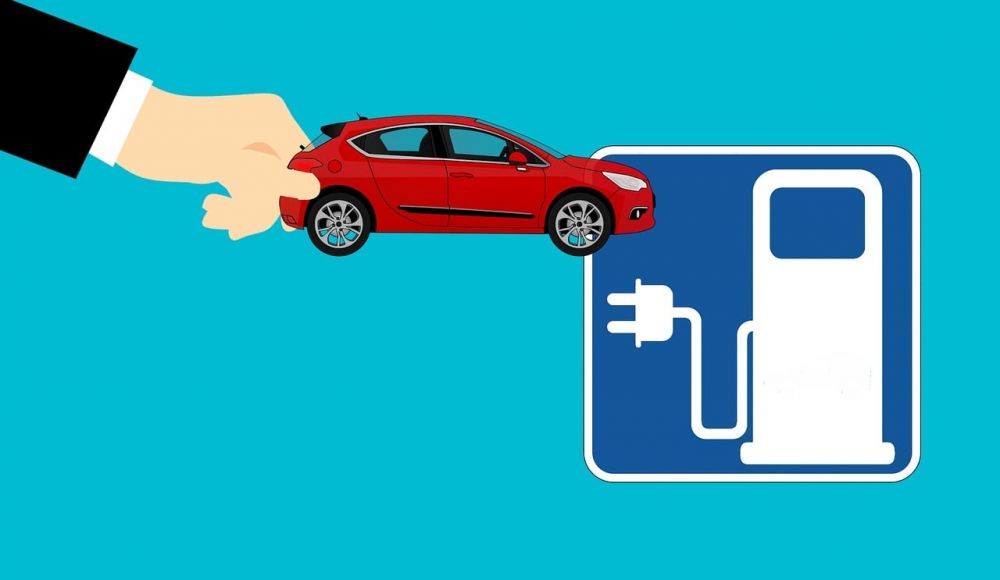Renault elbil revolutionizing the future of electric vehicles

Introduction:
Renault has been at the forefront of the electric vehicle revolution, continually pushing boundaries and challenging norms in the automotive industry. With a wide range of electric vehicles (EVs) in their lineup, Renault has made significant strides towards building a sustainable future. In this article, we will provide an in-depth overview of Renault electric vehicles, exploring their types, popularity, and quantifiable measurements. We will also discuss the differences between various models and delve into the historical evolution of the advantages and disadvantages associated with Renault electric vehicles.
Overview of Renault electric vehicles

Renault electric vehicles represent the epitome of innovation and eco-friendliness. These vehicles are powered by electricity, producing zero tailpipe emissions and contributing to a greener environment. Renault has invested heavily in research and development to create efficient and high-performing electric vehicles that cater to a wide range of consumer needs.
Types of Renault electric vehicles
Renault offers a diverse lineup of electric vehicles, catering to various individual preferences and requirements. Some popular models include the Renault ZOE, Renault Twizy, and Renault Kangoo Z.E. Each model possesses its unique features and characteristics, attracting specific consumer segments. The Renault ZOE, for instance, is recognized for its impressive range and affordability, making it an ideal choice for urban commuting. On the other hand, the Renault Twizy, with its compact design and versatility, appeals to those seeking a fun and unconventional driving experience.
Quantitative measurements
Renault electric vehicles are equipped with advanced technology and features that not only provide a seamless driving experience but also deliver impressive performance. The Renault ZOE, for example, boasts a range of up to 245 miles on a single charge, making it suitable for long-distance journeys. Additionally, Renault electric vehicles come with fast-charging capabilities, enabling users to recharge their vehicles efficiently. This feature significantly reduces charging times, providing convenience and flexibility to users.
Differences between Renault electric vehicles
While all Renault electric vehicles share the common goal of sustainable transportation, they differ in terms of size, range, and features. The Renault ZOE, being a compact hatchback, focuses on urban mobility and everyday commuting. In contrast, the Renault Kangoo Z.E. is a versatile commercial vehicle, perfect for businesses seeking environmentally friendly transportation solutions. By understanding the distinctions between Renault electric vehicle models, consumers can make informed decisions based on their unique needs.
Historical evolution of advantages and disadvantages
Renault electric vehicles have come a long way in terms of technological advancements and overcoming initial obstacles. Early models faced limitations regarding range and charging infrastructure. However, with advancements in battery technology and the rapid growth of charging infrastructure, these challenges have been significantly addressed. Modern Renault electric vehicles offer extended ranges, faster charging times, and improved overall performance.
In recent years, the benefits of Renault electric vehicles have far outweighed the drawbacks, positioning them as a preferred choice for environmentally conscious consumers. The advantages of zero tailpipe emissions, reduced operating costs, and quieter operation have made Renault electric vehicles an excellent alternative to traditional combustion-engine vehicles.
Conclusion:
Renault electric vehicles have revolutionized the automotive industry, paving the way for a greener and more sustainable future. With their wide range of models and continuous technological advancements, Renault has proven to be a leader in the electric vehicle sector. From the compact and efficient Renault ZOE to the versatile Renault Kangoo Z.E., their lineup caters to varied consumer demands. With the advantages of zero emissions and reduced operating costs, Renault electric vehicles offer a compelling alternative to traditional vehicles. As we move towards a more sustainable future, Renault electric vehicles will undoubtedly continue to play a crucial role in shaping the automotive industry.





















